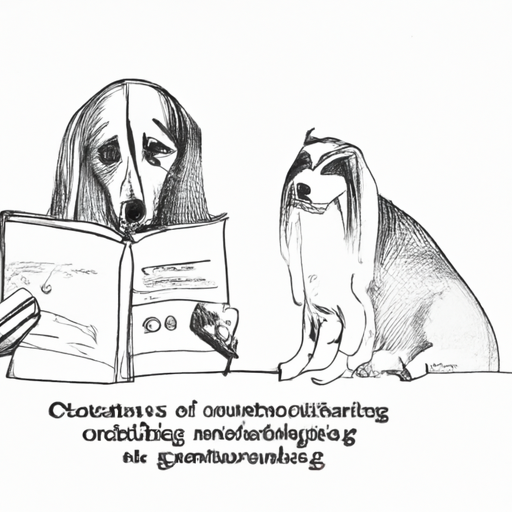As a loving caregiver, you’ve probably encountered a variety of health issues with your furry friend. Today, we’ll delve into a less commonly discussed, but equally important topic: cryptorchidism in dogs.
What is Cryptorchidism?
Cryptorchidism is a condition in which one or both of a dog’s testes fail to descend. This might sound like a minor issue, but it’s actually quite serious. The undescended testis remains inside the dog’s body, near the kidney area or in the inguinal canal, which can lead to health complications.
Common Breeds Affected:
- Boxers
- Bulldogs
- Chihuahuas
- Dachshunds
- German Shepherds
- Maltese
- Miniature Schnauzers
- Pomeranians
- Poodles
- Yorkshire Terriers
Why is Cryptorchidism a Concern?
The undescended testis is problematic because it’s subject to a higher body temperature than it would be in the scrotum. Over time, this can cause the testis to become cancerous. Additionally, the undescended testis can become twisted, leading to a painful and life-threatening condition called torsion.
How is Cryptorchidism Diagnosed?
Your vet may suspect cryptorchidism if your pup’s testes haven’t descended by six months of age. However, a definitive diagnosis typically requires an ultrasound or exploratory surgery.
| Age | Usual Testes Descent |
|---|---|
| Birth – 2 weeks | Still inside |
| 2 weeks – 6 months | Gradual descent |
| 6 months | Should be fully descended |
What are the Treatment Options?
The most common treatment for cryptorchidism is surgical removal of the undescended testis. This prevents the possible development of cancer and torsion. If both testes are undescended, it’s recommended to neuter the dog, as the condition can be inherited.
- Surgery: Removal of the undescended testis.
- Neutering: If both testes are undescended.
How Can I Support My Dog Post-Surgery?
After the surgery, your role as a caregiver is crucial. Ensure your dog gets plenty of rest and prevents them from licking or scratching the surgery area. Regular follow-up visits with your vet are also important to ensure proper healing.
- Prevent licking or scratching
- Ensure plenty of rest
- Regular follow-up visits
Frequently Asked Questions
Q: Is cryptorchidism life-threatening?
A: If left untreated, it can lead to serious health complications like cancer and torsion.
Q: Can my dog still breed if he’s cryptorchid?
A: It’s not recommended, as the condition can be inherited.
Q: Will my dog be in pain after surgery?
A: Your vet will provide pain medications to manage any discomfort post-surgery.
Q: How soon can my dog return to normal activity post-surgery?
A: It typically takes 10-14 days for dogs to recover from surgery, but always follow your vet’s advice.



